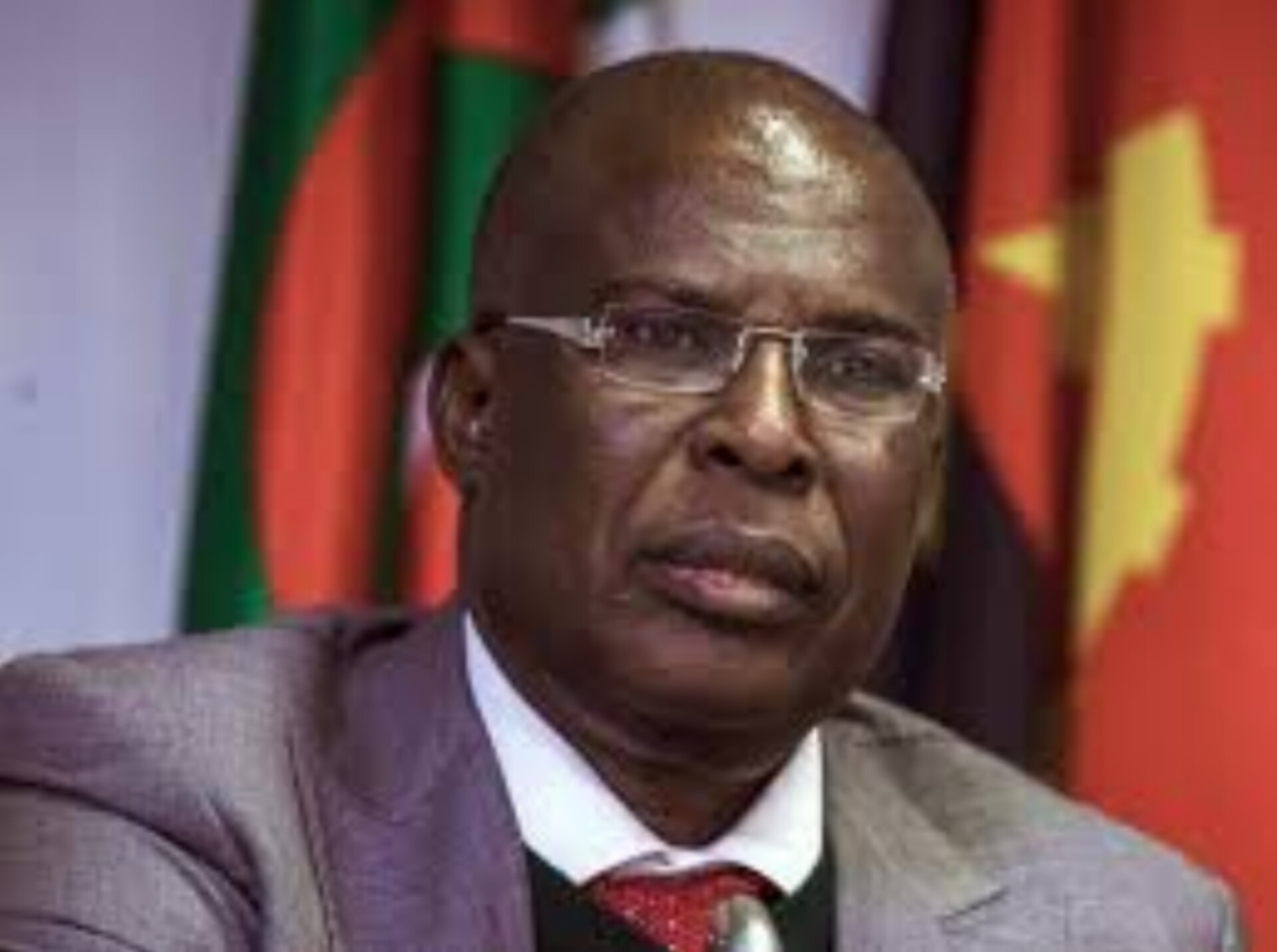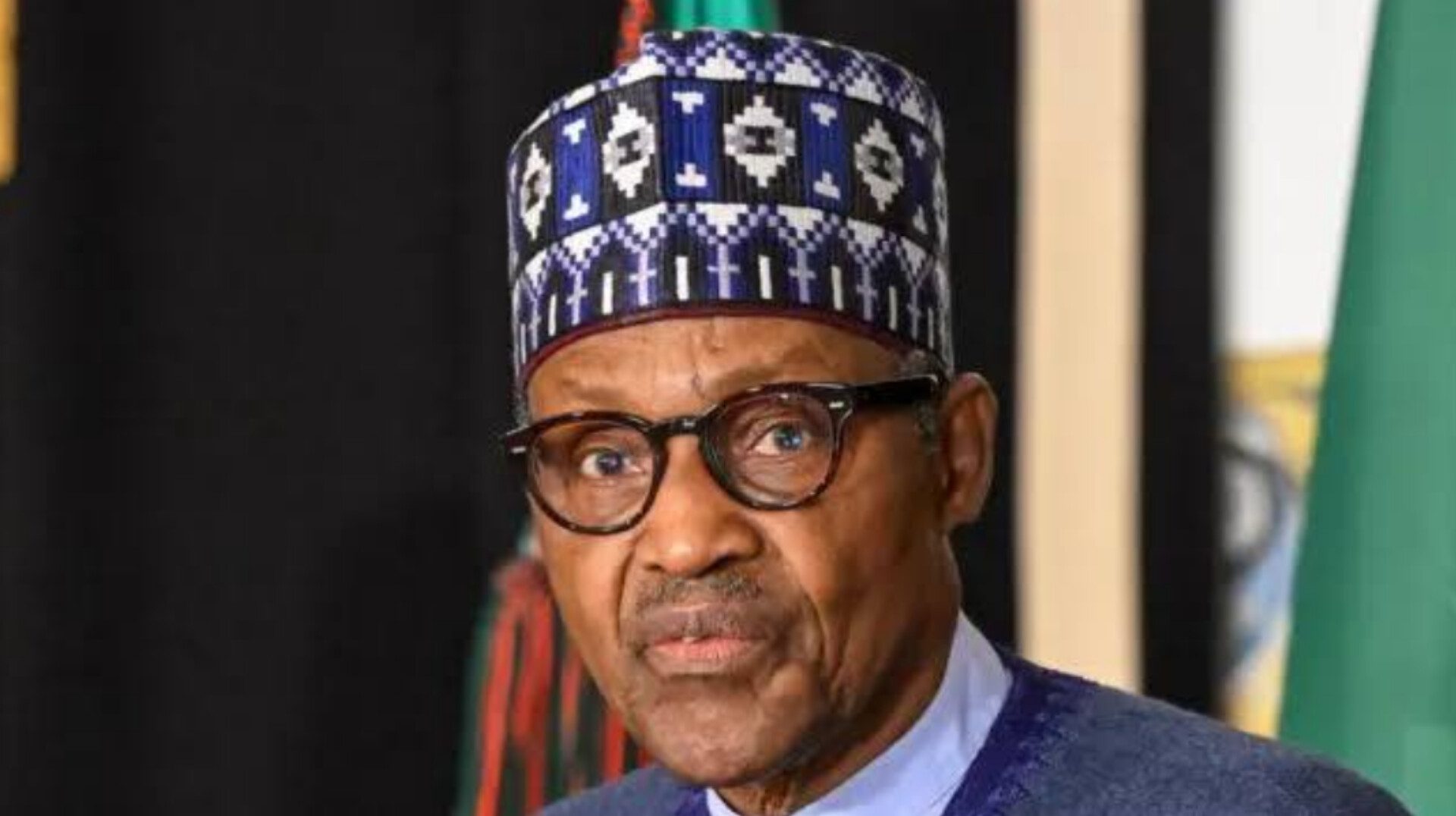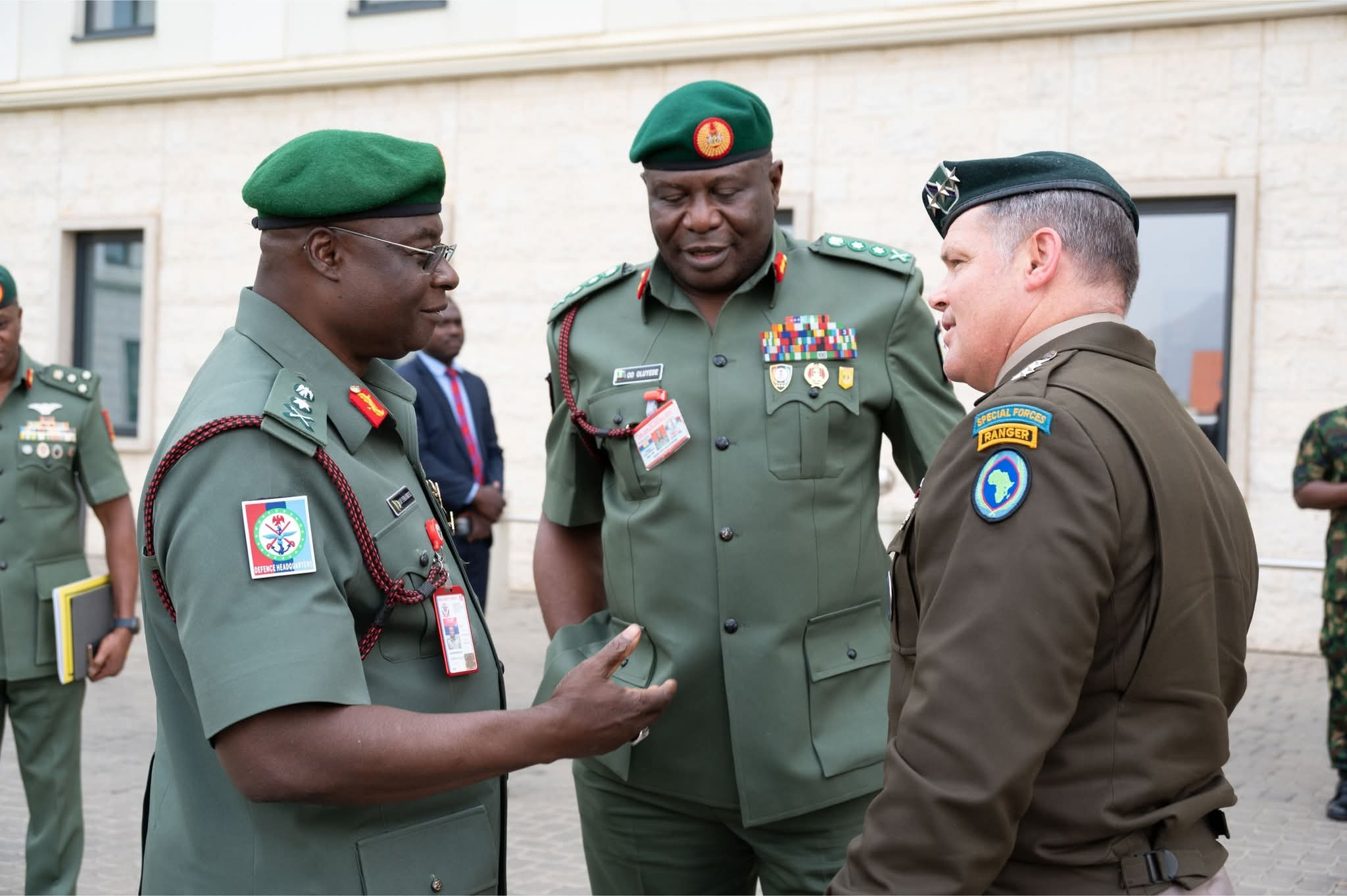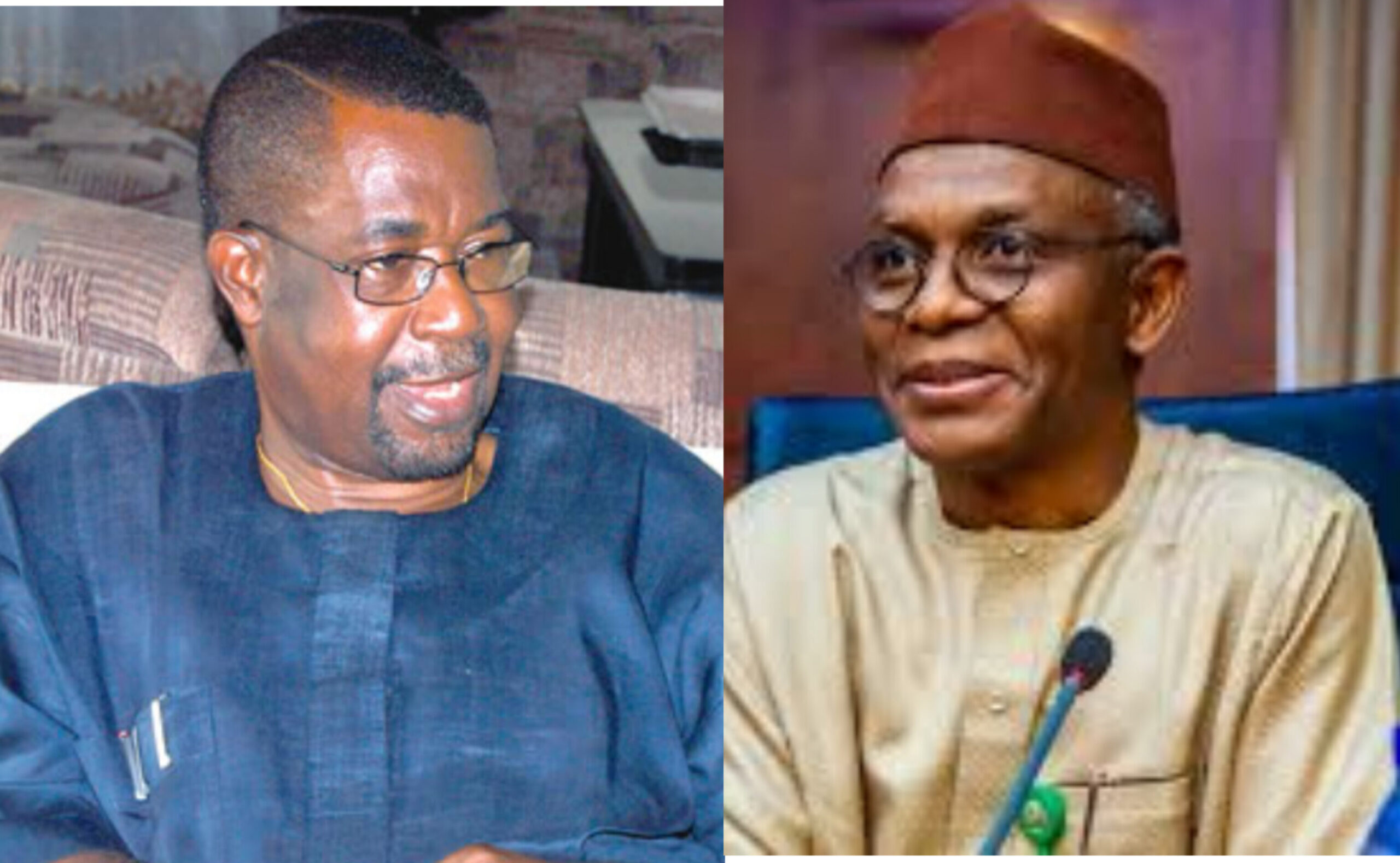By Ehichioya Ezomon
Because of the deck stacked against him – or more aptly, due to the deck he stacked against himself – it’s illusory to project the November 11, 2023, governorship in Bayelsa State as a walkover for former Governor Timipre Sylva.
From the get go, Mr Sylva faced numerous huddles, to reach the Creek Haven Government House in Yenagoa, capital city of Bayelsa, which he left in 2012. Foremost were headwinds from Governor Douye Diri of the ruling Peoples Democratic Party (PDP), and aggrieved members in Bayelsa’s All Progressives Congress (APC).
The odds likely favoured Mr Diri seeking re-election to the seat he got on a platter on February 13, 2020, when the Supreme Court nullified election of Chief David Lyon on the eve of his swearing-in.
Mr Lyon won the November 16, 2019, poll by a landslide, but Diri’s gifted the governorship when the court barred APC’s Deputy Governor-elect Biobarakuma Degi-Eremienyo over discrepancies in his credentials to the Independent National Electoral Commission (INEC) for the election. Diri therein nicknamed himself as a “Miracle Governor.”
Lyon, who saw the “Promised Land” of Government House on February 13, 2020 – during final rehearsals for his swearing-in the next day – regarded himself as the “candidate-in-waiting” for 2023, and APC’s ticket his for the asking.
Members of the Bayelsa chapter, especially the youths, regarded Lyon as “our next Governor,” and urged the APC leadership to “award” him the ticket without a primary contest, and they hit the streets when the party threw the nomination open for a direct primary by registered members.
Lyon won the September 4, 2019, primaries with 42,138 votes, to defeat five aspirants, including current Minister of Petroleum Resources (Oil), Dr Heineken Lokpobiri, who scored 571 votes, but went to court, to be declared the candidate on the grounds of irregularities at the primaries.
A Supreme Court ruling halted Lokpobiri on February 11, 2020, three days to inauguration of Lyon, whose election was voided two days later when the same court disqualified Mr Degi-Eremienyo.
Though he won the November 2019 poll, Lyon’s supporters had no illusion he’d defeat Sylva – also a former Minister of Petroleum Resources with a large warchest – in the April 14, 2023, primaries, which Lyon boycotted as the APC rejected his “sense of entertainment” to the ticket.
From 58,171 accredited among 142,031 registered APC members for the primaries, Sylva secured 52,061 votes, while Lyon scored 1,582 votes to place third behind ex-agitator Joshua Maciver, who came second with 2,078 votes.
Sylva, acclaimed “sole financier of Bayelsa APC,” reportedly preferred Lyon, and “threw his weight behind him” in the 2019 primaries for the APC ticket for the governorship of that year.
After Lyon’s dramatic ouster by the Supreme Court in 2020, Sylva allegedly pledged to back his second bid in 2023, even as he promised supports for other APC chieftains for the governorship he reportedly excluded himself.
But ahead 2023, Sylva “reneged on the promises,” declared for the governorship, took the primaries by a landslide, and told primarygoers he’d replicate same on November 11 against Diri, who mocked him as “dishonest and insincere” for allegedly deceiving members of the APC over his ambition, and his disqualification by an Abuja Federal High Court.
In a statement, “Bayelsa Doesn’t Deserve Serial Deceiver As Governor,” Diri said: “Bayelsa needs an honest and sincere leader that is focused on its development and not a man widely known for deception.
“Timipre Sylva is a man you cannot trust. He displaced all those he promised that he would give the governorship ticket and turned around to become the candidate himself.”
Diri’s accusingly behind the court cases by APC members, to ensure Sylva didn’t participate in the governorship. Sylva’s lawyers in his disqualification appeal, and even some of the three-member panel of Justices of the Appeal Court, hinted about such a possibility.
An APC member in Bayelsa, Mr Demesuoyefa Kolomo, filed a suit on June 6, asking the high court to determine – given sections 180(2)(a) and 182(1)(b) of the 1999 Constitution – whether Sylva was qualified to contest in the poll, having occupied the governorship from May 2007 to April 2008 and May 2008 to January 2012.
Ruling on the night of October 9, trial Justice Donatus Okorowo held that having been inaugurated twice and ruled as governor for five years, allowing Sylva to contest would amount to expansion of the constitution or its scope.
Justice Okorowo directed INEC to remove the names of Sylva and his running mate, Mr Maciver, from the list of candidates for the poll, to prevent Sylva from exceeding the eight-year tenure for governor if he won the November 11 election.
But Sylva argued that he’s elected once as governor – citing an April 2008 Court of Appeal ruling that nullified his 2007 election – and filed a three-ground notice of appeal, through a team of lawyers, led by Dr. Ahmed Raji (SAN).
When the case was called on October 27, Sylva’s lawyer, Akinlolu Kehinde (SAN), and APC’s counsel, K.O. Balogun, urged the appellate court to allow the appeals, set aside the high court judgment and affirm Sylva’s candidacy.
Arguing Sylva’s position of having been sworn-in once as governor, Mr Kehinde described the high court judgment as “a hatchet job just to tie this man (Sylva) not to campaign and participate in the election.”
Also faulting the decision of the high court, Mr Balogun said, “What the 1st respondent (Kolomo) is asking this court to do is to deem the nullified months as four years.”
He accused Kolomo of “fighting a proxy war” (for Sylva’s opponents at the poll), because “he cannot be a member of the APC and be fighting to destroy its candidate and chances at the election.”
Similarly during the proceedings, some members of the Justice Haruna Tsammani-led panel wondered why Kolomo, who claimed to be an APC member, but not an aspirant at the primaries, would want to destroy his party’s chance in an election!
Noting that Kolomo could’ve voted for another party in the November poll “if he assumed Mr Sylva did not deserve his vote,” the panel condemned the attitude of lawyers, who failed to advice their clients appropriately, saying, “it is a moral issue.”
Kolomo’s lawyer, Mr Abiodun Amuda-Kanike (SAN), and INEC’s lawyer, Mr Ahmed Mohamed, prayed the court to dismiss the appeals, and affirm the judgment of the trial court.
However, on October 31, the court set aside the high court decision for lack of jurisdiction, and awarded N1 million cost against Kolomo for lack of legal right to seek Sylva’s disqualification from the election.
Again on November 9 – two days to election – the Appeal Court in Abuja came to Sylva’s rescue, dismissing an appeal, seeking to prevent him from the poll, as without merit.
Reading the lead judgment, Justice Binta Zubar held that the subject matter of the appeal by Hon. Isikima Ogbomade Johnson was non-justiceable, adding that “the case was brought in bad faith.”
The court held that having been sacked by the courts in his first election, Sylva couldn’t have taken the oath of office as a governor twice, which informed the conduct of another election that Sylva won in 2008, and governed till 2012.
On the issue of Sylva not duly nominated as candidate, the court held that overwhelming evidence presented by the INEC and APC showed that no legal provision was violated in the primaries.
“From the uncontroverted independent report of INEC, it was clear beyond any doubt that a valid primary election was conducted by APC and monitored by the electoral umpire as required by law,” the court said.
The court upheld the judgment of Justice Inyang Ekwo of a Federal High Court in Abuja, which on September 26, dismissed Mrs Johnson’s suit for lacking in merit and substance, and imposed a cost of N1 million against her.
Noting that the appellant’s case was statute-barred, having been instituted outside the 14 days allowed by law, the court upheld the judgment of Justice Inyang Ekwo of a Federal High Court in Abuja which on September 26, dismissed Mrs Johnson’s suit for lacking in merit and substance, and imposed a cost of N1 million against the appellant.
The court cases against Sylva definitely put a wrench to the efforts of Dr Abdullahi Ganduje-led National Working Committee (NWC) to return APC to power in Bayelsa.
Yet, besisde court’s barring of Sylva, and INEC’s delisting of his name, prompting the APC to suspend campaigns for weeks, Sylva owns his undoing by incurring enemies in Messrs Lyon and Lokpobiri prior to the primaries, and election, leading to cries of their sellout to, and a deal with Diri for the poll.
As reported by an online portal quoting sources, Diri conceded 50 slots of Senior Special Assistants (SSAs) each to Lokpobiri and Lyon, and also promised them some measure of influence in decision-making if he won re-election.
The APC dismissed the alleged Lokpobiri and Lyon’s alliance with Diri, with the Secretary, Media and Publicity Committee of the National Campaign Council of the APC, Hon. Yekini Nabena, on October 9, releasing pictures of Lokpobiri and Lyon recommitting themselves before the National Chairman, Dr Abdullahi Ganduje, to deliver Sylva and APC in Bayelsa.
Nabena’s words in a statement: “Our attention has been drawn to a sponsored propaganda in some quarters suggesting cracks in the solid camp of the Bayelsa APC ahead of the November 11 governorship election in the State.
“We will not be distracted because we are fully aware how desperate the incumbent Governor Douye Diri has become, therefore employing all manner of tactics including propaganda and lies just to cause confusion.
“For the benefit of the doubt, the attached pictures will tell doubters that the Minister of State for Petroleum (Oil), Senator Heineken Lokpobiri, and the 2019 governorship candidate, David Lyon, most recently held a strategic meeting with our candidate in the presence of our National Chairman, Abdullahi Umar Ganduje, where everyone recommitted himself, and massive mobilization has since begun.
“We, however, sympathize with the restless Governor Diri and his camp for acting too late, bearing in mind that their days are numbered in the Bayelsa state Government House.
“We urge all our party members, supporters and Bayelsans in general to remain calm, expectant of landslide victory and disregard lies suggesting cracks in our camp.”
Lokpobiri, via his Special Adviser on Media and Communication, Nneamaka Okafor, denied the allegation same day as baseless, and reaffirmed his commitment to the APC success at the poll.
“We categorically state that these allegations lack credibility and are merely propaganda,” Okafor said, adding, “Senator Lokpobiri’s dedication to the APC’s principles and values is unquestionable, and he remains steadfast in his commitment to the party’s success in Bayelsa State.”
Whichever, Sylva, who allegedly went into the campaigns as his own director-general – either he’d no confidence or trust in others to lead the team or those he approached turned down the offer – was literally a lone ranger, starved of the necessary backing from party chieftains, such as Lyon and Lokpobiri, with his eventual defeat at the poll glaring in the strongholds of APC’s topshots.
So, for Sylva to win the November 11 election would’ve been nothing short of a miracle, which, like that of Mr Diri, could still happen via the instrumentality of the courts. Till then, it’s another four-year wait for the APC to break the 24-year rule of the PDP in Bayelsa State!
Mr Ezomon, Journalist and Media Consultant, writes from Lagos, Nigeria





